What Does Higher Education Look Like in the Wizarding World?
Hogwarts is a great school, but its students graduate at just 17. Furthermore, it only starts at age 11, making a total of seven years of schooling. Is that really all the education a young witch or wizard gets? It seems far too short. I still feel like I’ve barely scraped the surface of all there is to know, and I’m in graduate school.
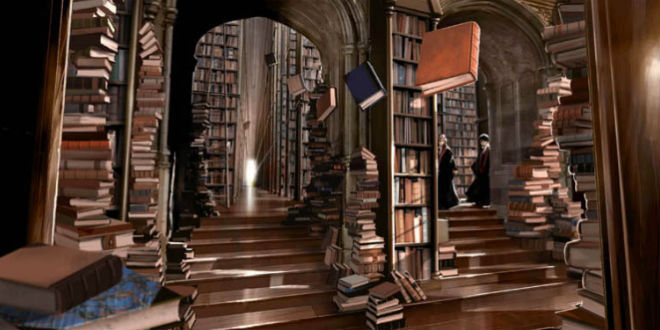
In terms of early learning, obviously, Muggle-born and Muggle-raised kids would have gone to Muggle elementary schools, but there’s no evidence such a thing exists in the wizarding world. Presumably, there’s some level of homeschooling to make up the lack then. However, while homeschooling serves as an adequate explanation for the lack of early education, there are no easy explanations for what comes after Hogwarts. Do the students really just head straight into the workforce?
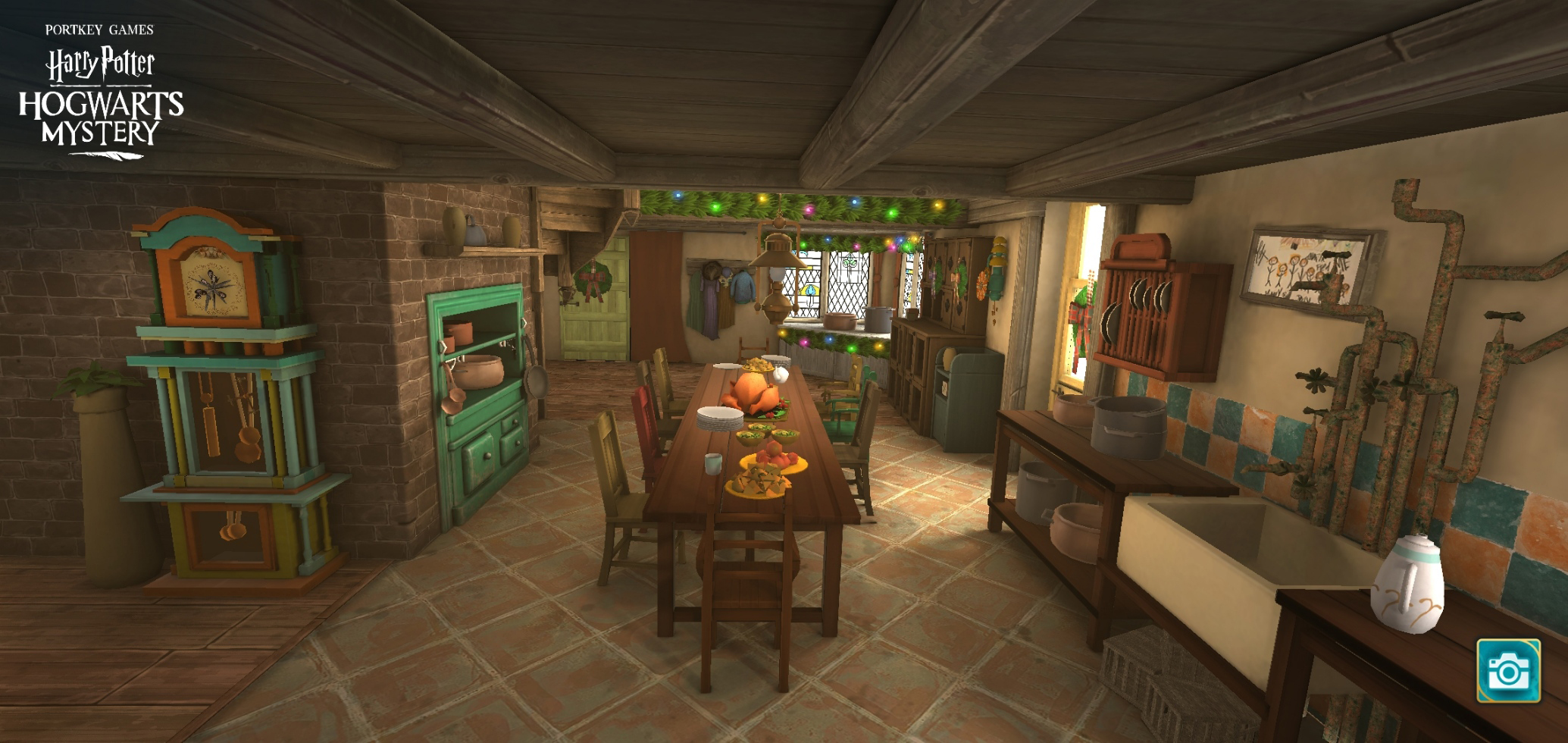
For the most part, it seems like the answer is yes, as evidenced by Percy Weasley, who gets a job as an assistant to a department head straight after graduation. Another example would be Fred and George, who start their shop immediately after leaving school. But it seems impossible that there are no jobs requiring further education or training. Politics and shopkeeping, while noble professions, are the sort of work best served by experience, but that’s not true of all careers. Think of Healers for example. I personally would be terrified by the prospect of being healed by a freshly graduated student, especially since there are no dedicated Healing classes at Hogwarts.
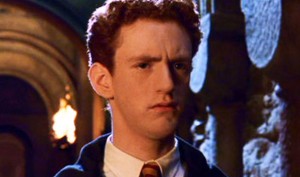
Thus, if only for my own peace of mind, I had to assume that there’s some kind of higher education within the wizarding world. And thankfully, I did manage to track down one canonical example: Auror training. Supposedly, Auror training is three years long and very rigorous. In addition to covering more physical and practical skills, it also goes over legalities. I was very relieved to learn that since Hogwarts doesn’t review law, which – upon consideration – feels like an oversight. What about the poor Muggle-borns who have no idea there’s an entirely different legal code?
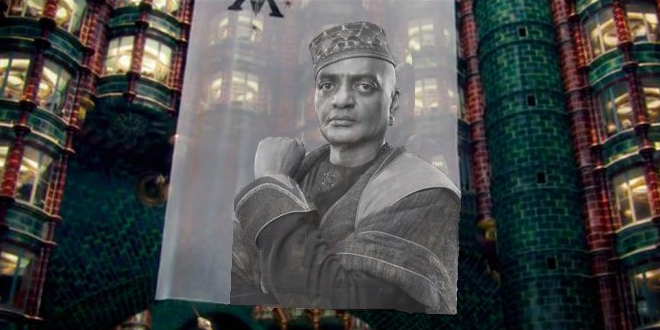
So now that it has been assured there is some form of post-grad schooling, the real question is how common it is. As I mentioned before, I hope this includes Healer training. Of course, in addition to training programs, there is also the possibility of apprenticeships. While, unlike the Auror program, there is no strict canonical evidence for apprenticeships, it would fit with the semi-medieval aesthetic the wizarding world has. If they never moved on from apprenticeships, it would explain the lack of universities.
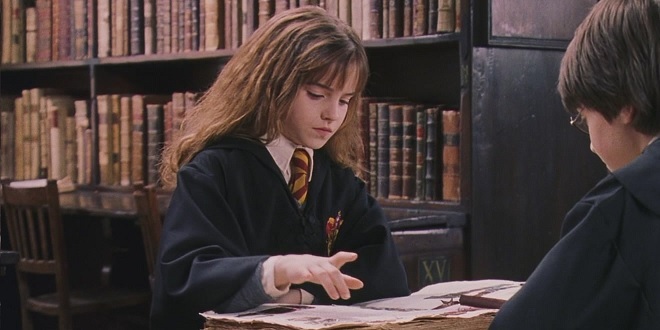
Ultimately, having spent so much time considering possible higher education in the wizarding world, I have come to a surprising conclusion. For once, I am kind of glad that I’m a Muggle. I really liked my undergrad years, and I am currently enjoying my graduate program. And frankly, the thought of being thrust straight into the workforce when I was just 17 is rather intimidating. More school is definitely preferable in the face of that.

